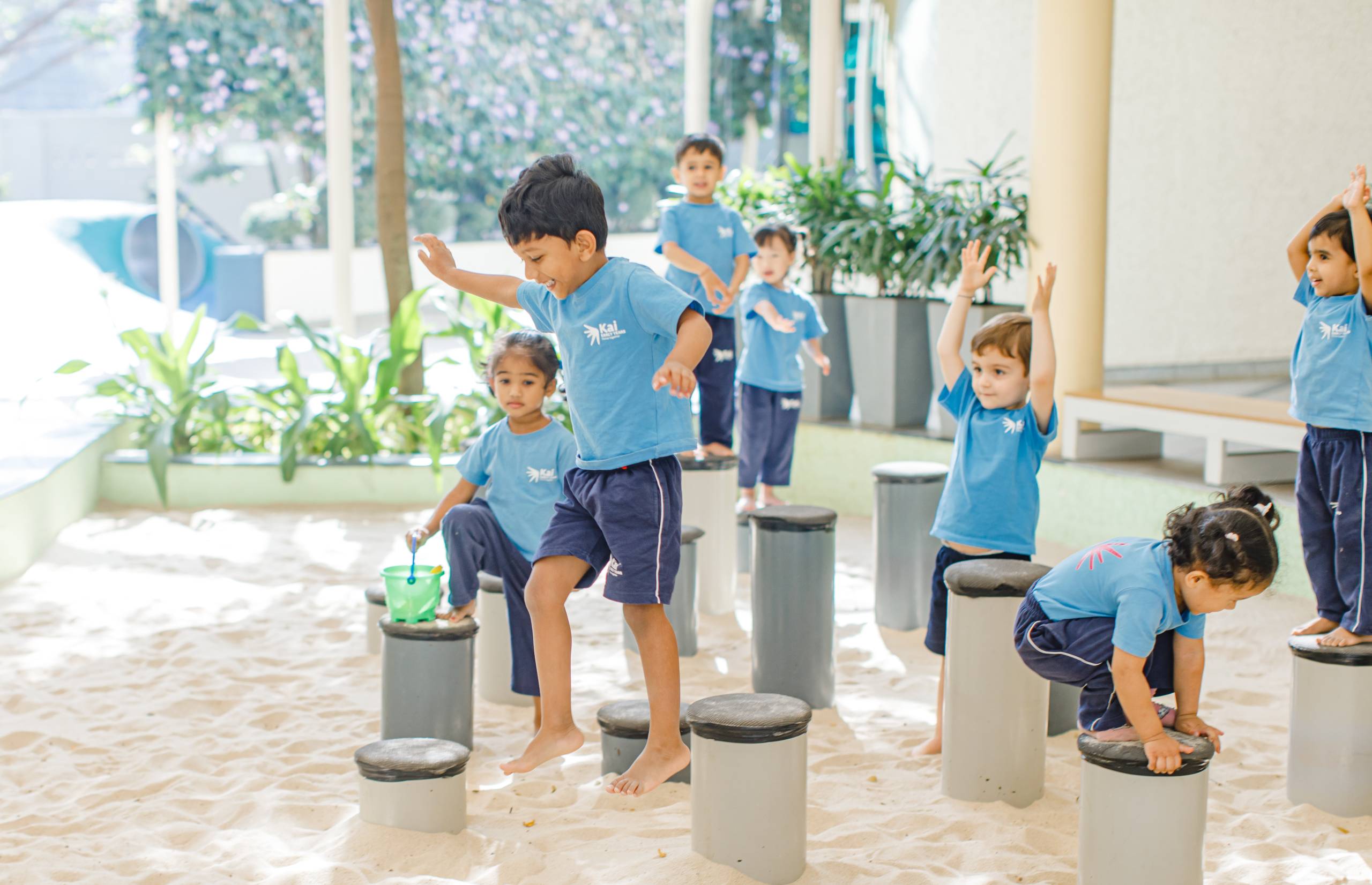Tiny Hands, Big Skills: Building Fine Motor Skills in Preschoolers
As parents and educators, we all want to give our little ones the best start in life. Fine motor skills are essential for everything from writing to self-care, but how can we help our preschoolers develop them? In this blog, we’ll explore fun and effective ways to build fine motor skills in young children, setting them up for success in school and beyond.
What research suggest: Fine motor skills are an essential component of a child’s development. These skills involve the use of the small muscles in the hands, fingers, and wrists to perform precise movements, such as picking up small objects, cutting with scissors, or writing. Developing fine motor skills in preschoolers is crucial because it lays the foundation for future academic and life skills.
Here are some effective ways to build fine motor skills in preschoolers at home:
Play as a means: One of the most effective ways to build fine motor skills in preschoolers is through play. Children learn best through play, and there are many fun and engaging activities that can help develop their fine motor skills. For example, playing with playdough or clay can help improve hand strength and dexterity. Children can use their fingers to roll, pinch, and mold the dough, which requires precise movements and control.
Strengthening Hand-eye coordination: Another fun activity is stringing beads or pasta. This activity requires hand-eye coordination and hand strength to thread the beads onto a string. Parents can also provide a variety of tools, such as scissors, tweezers, or tongs, to help their child develop hand strength and dexterity.
Art Activities: Drawing and coloring are also excellent ways to build fine motor skills. Preschoolers can start with simple activities, such as tracing or coloring within the lines. As they develop their skills, they can progress to more complex activities, such as drawing shapes, letters, or numbers. Parents can also provide a variety of writing tools, such as crayons, markers, or pencils, to help their child develop hand control and grip strength.
Sensorial Activities: Another effective way to build fine motor skills in preschoolers is through sensory activities. Sensory activities engage the senses and require precise movements and control. For example, playing with kinetic sand or finger paint can help improve hand strength and dexterity. Children can use their fingers to dig, mould, or spread the sand or paint, which requires precise movements and control.
Going Further: In addition to fine motor skills activities, there are also other factors that can help develop fine motor skills in preschoolers. One of the most important factors is providing a supportive environment. Children need a safe and comfortable environment to explore and practice their skills. Parents can create a designated space for their child to play and explore, with materials and tools that are appropriate for their age and skill level.
Another important factor is providing opportunities for repetition and practice. Fine motor skills are developed through repetition and practice, so it is important to provide opportunities for your child to practice their skills regularly. Parents can incorporate fine motor skills activities into their child’s daily routine, such as during playtime or mealtime.
In conclusion: Parents can provide positive reinforcement and encouragement to help their child develop their fine motor skills. Praising your child’s efforts and progress can help build their confidence and motivation. Parents can also set realistic expectations and provide support when their child experiences frustration or difficulty. Building fine motor skills in pre-schoolers is crucial for their development and lays the foundation for future academic and life skills. Parents can incorporate fine motor skills activities into their child’s daily routine and provide a supportive environment that encourages exploration and practice. If you are looking for a Pre k School Near Me or an International Preschool Near Me, you may want to consider a school that emphasizes fine motor skills activities for preschoolers.
For More Details Visit: Best Daycare in Whitefield

